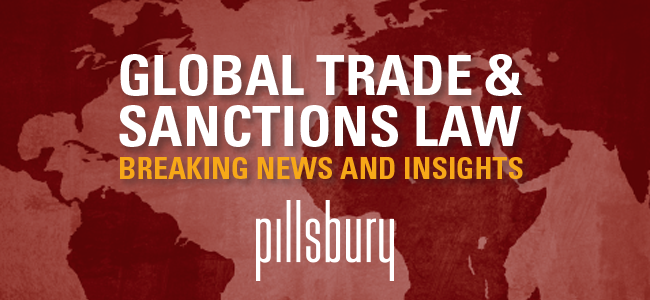Congress is currently fiercely debating whether to grant the President fast track trade authority, allowing to him to finalize free trade agreements with the EU and a dozen Pacific Rim trading partners. While this debate caused President Obama to join with Republicans to overcome the objections of trade-skeptic Democrats, the coming debate over the U.S. Export-Import Bank will divide the Republican Party along sharply ideological lines that threaten the very existence of the Ex-Im Bank.
Small, medium, and large U.S. businesses that rely on the bank to underwrite their exports may soon be confronted with the loss of a major source of commercial support. Furthermore, it appears that the bank is already placing limits on its operations in case it is forced to wind down. John Hardy, president of the Coalition for Employment through Exports, an advocacy group representing the interests of U.S. businesses, has claimed that the Ex-Im bank is already refusing to support export deals over $100 million.
The bank’s survival has been at risk since last year when conservative Republicans, led by Financial Services Committee Chairman Jeb Hensarling (R-TX), House Ways and Means Committee Chairman Paul Ryan (R-WI), and Majority Whip Majority Whip Steve Scalise, launched an effort to block Congressional reauthorization of the bank. A compromise was reached to reauthorize the bank in the FY2015 appropriations bill, but only through June 30, 2015. With that deadline fast approaching, there does not seem to be an easy path to another reauthorization.
Congressional Republicans are ostensibly split between those representing the pro-business wing of the party and those repressing the libertarian/Tea Party wing, who see the Ex-Im Bank as a taxpayer funded “corporate welfare” for large businesses like Boeing and Caterpillar. This split also pits the U.S. Chamber of Commerce, the country’s largest business lobby, against the billionaire Koch Brothers, whose Freedom Partners advocacy organization has led efforts attacking the bank and supporting those political candidates who would vote against its renewal.
Against this backdrop, Speaker of the House John Boehner (R-OH) has asked for Chairman Hensarling to produce a bill from the Financial Services Committee that would wind down or reform the Ex-Im Bank. Democrats on the committee, led by Ranking Member Maxine Waters (D-CA), are strongly in favor of reauthorizing the bank and are open to some possible reforms. As a result, it is unclear if Mr. Hensarling has enough votes to pass either a wind-down bill or an aggressive reform bill through the Committee given the divide within the Republican committee members.
With time running out, it is increasingly likely that the Financial Services Committee will take no action, forcing Speaker Boehner to deal with this debate directly on the House floor. Such a move could require pro-business Republicans joining with Democrats to craft a modest reform bill that would reauthorize the bank for a short period of time. This repeats a growing trend in trade and sanctions legislations – already seen with the Iran Nuclear Agreement Review Act and Trade Promotion Authority debates – where different factions of Republicans and Democrats have been forced to come together to pass legislation over the objections of members of their own parties.
As June 30 approaches, trade spectators will not only be watching whether a deal with Iran happens, opening that potential market; but also whether the United States will have an institution to finance potential exports there – and globally.
